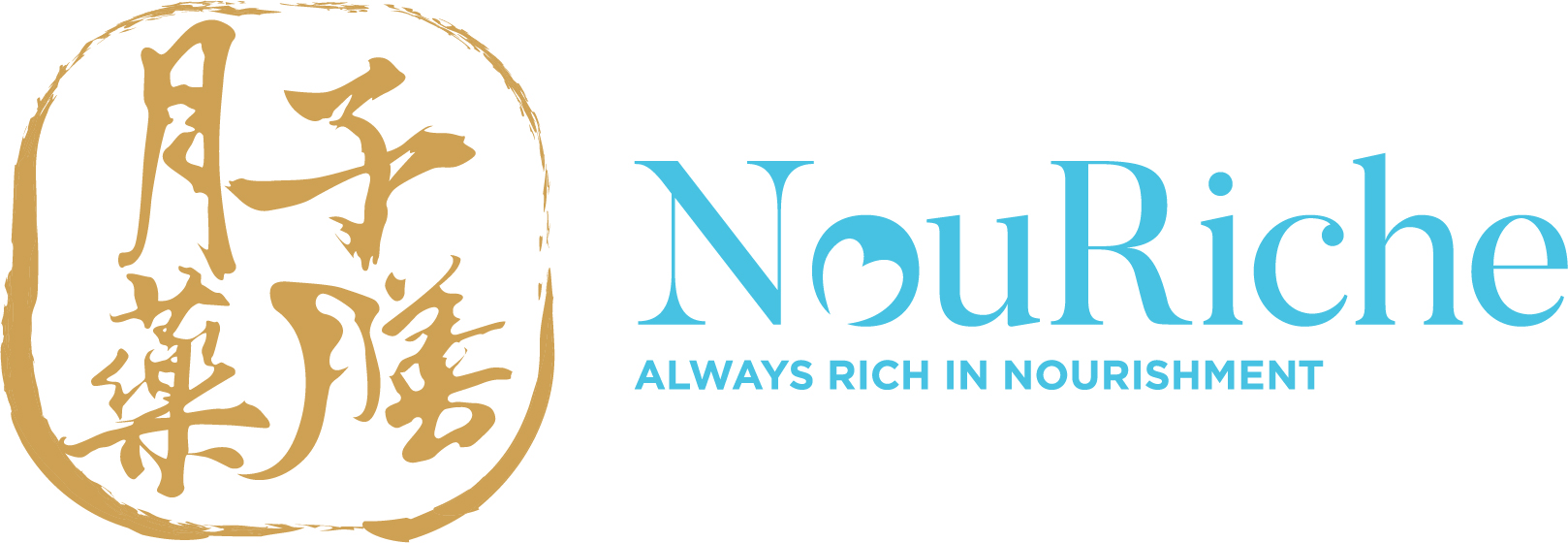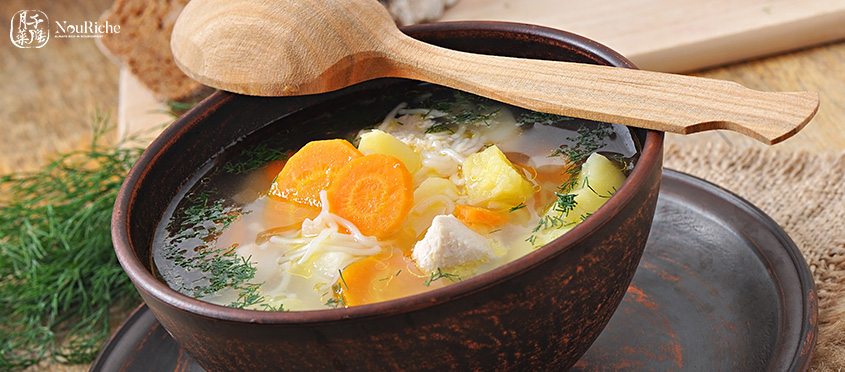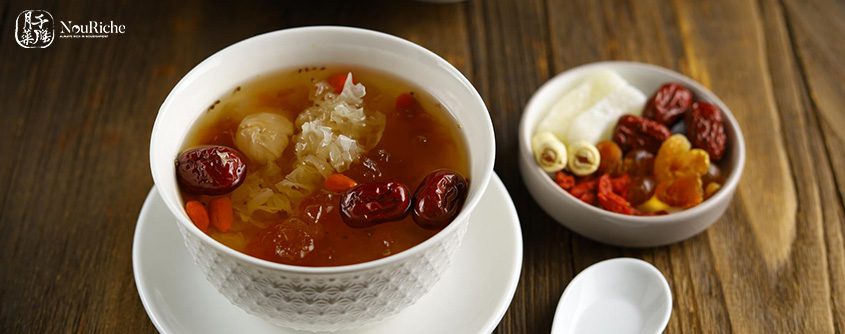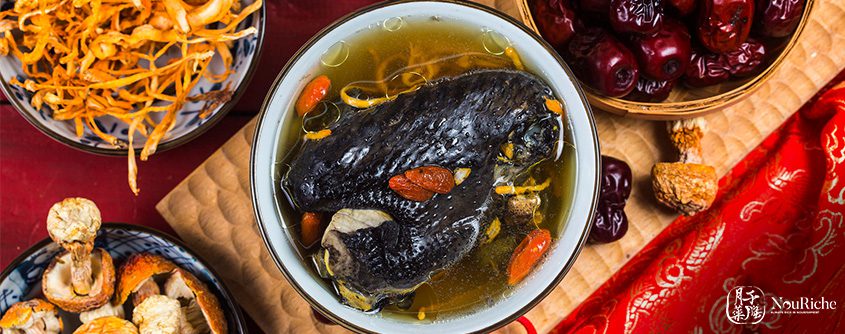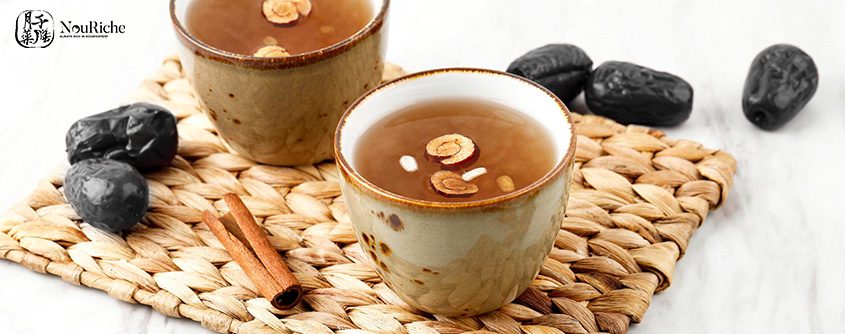Meat is traditionally viewed as a vital component of postpartum confinement meals in Singapore. This is because meat is believed to come with warming characteristics in TCM, and is often used with the aim of nourishing and rebalancing the mother’s body. But with vegetarian diets increasingly gaining traction for health, ethical, and environmental reasons, many have started to reduce their reliance on daily consumption of animal products. How then, can vegetarian mothers still gain the necessary nutrition without compromising on their choice of diet? We’ve put together this list of foods that vegetarian mothers can consume to ensure they don’t miss out on essential nutrients during their confinement.
Ginger
Ginger is one of the most commonly seen ingredients in the preparation of confinement meals. Known for its anti-inflammatory properties, it is often used for clearing phlegm, stopping coughs, and the detoxification benefits it comes with. That said, the main reason it is included in so many confinement meal deliveries is its warming elements.
TCM believes that the elements that cause a new mother’s body temperature to drop are harmful. Hence, ginger is used to keep the body warm, eliminating ‘wind’, and preventing ailments such as rheumatism and body aches in the future.
Carrots
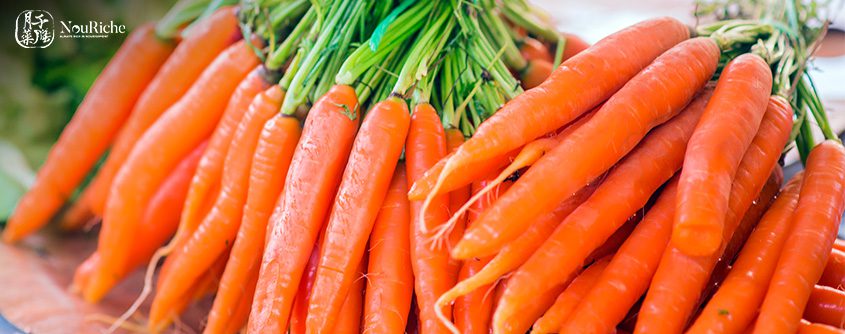
Carrots are high in fibre which can help to prevent constipation in new mothers after delivery. In addition, they are also rich in beta-carotene which helps to boost the immune system.
Lotus roots
Lotus root is a rich source of polyphenolic compounds that come with many health benefits ranging from antioxidative to anti-inflammatory properties. Lotus root soup is usually given to new mothers for its high levels of nutrition, on top of keeping the bodies of new mothers warm. Add some papayas into lotus root soup as a natural sweetener, and to boost milk production for breastfeeding mothers.
Learn more: 4 Ways Soups Can Help During Your Confinement Period
King oyster mushroom
King oyster mushrooms aren’t just delicious, they are packed full of health-supporting benefits, such as naturally occurring antioxidants. King oyster mushrooms contain high levels of ergothioneine, an antioxidant found in the mushroom’s mycelium and fruit bodies that help reduce damage from free radicals and oxidative stress. These superfoods have also been shown to lower cholesterol and help with weight loss.
Tofu and soybeans
Tofu is essential for the body’s tissues and cells to heal, which is necessary for a mother’s recovery following childbirth. Adequate protein intake supports the immune system by building antibodies and prevents loss of muscle mass for breastfeeding mothers.
Iron and copper, which are the two minerals important for red blood cell formation to replenish lost blood after delivery, are also found in soybeans. Additionally, soybeans contain omega-3 fatty acids which are beneficial for the brain development of babies.
Black beans
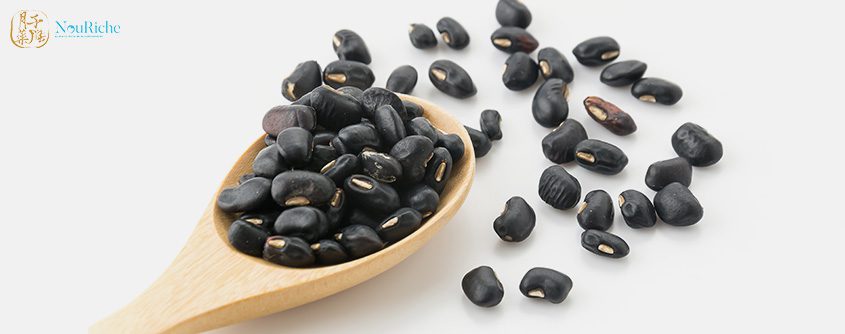
New mothers are often at risk of anaemia and other complications related to the blood loss that occurs with the delivery of a baby. Therefore, it is important for meals to contain iron-rich ingredients such as black beans for the replenishment of blood.
Black beans are also good sources of folate, vitamin B6 and much more. Research shows that B vitamin supplementation has been linked with improving anxiety levels of those who are feeling stressed. This provides a good reason for new mothers who might be feeling stressed about the transition to motherhood to incorporate black beans into their confinement meals.
Green leafy vegetables
Leafy green veggies like spinach and broccoli are filled with vitamin A, a good non-dairy source of calcium and contain vitamin C and iron. Green leafy vegetables are also filled with antioxidants and are low in calories.
Chestnuts
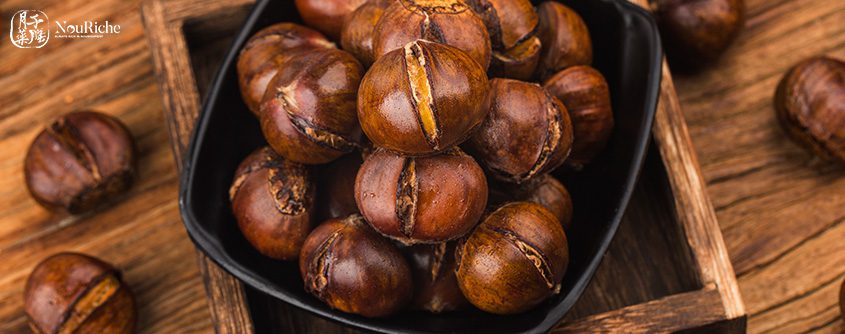
Chestnuts are rich sources of vitamin C which can help to boost the immune system of new mothers. Chestnuts also come with properties that reduce cholesterol levels in the blood and therefore support cardiovascular health.
Red dates
Red dates are often boiled along with Longan and served as tea to new mothers to substitute drinking water. Dates are widely known for their sweet taste. However, they are also vital ingredients in confinement herbal soups because of their calming effects. This is recommended especially for mothers dealing with postpartum depression.
These are but a few of the ingredients used when preparing the best vegetarian confinement foods. That said, it is best to leave your confinement meals in the good hands of those who are trained in this field. If you’re searching for confinement soup packages, look no further than to NouRiche for all your nutritional needs. Get in touch today for more information!
